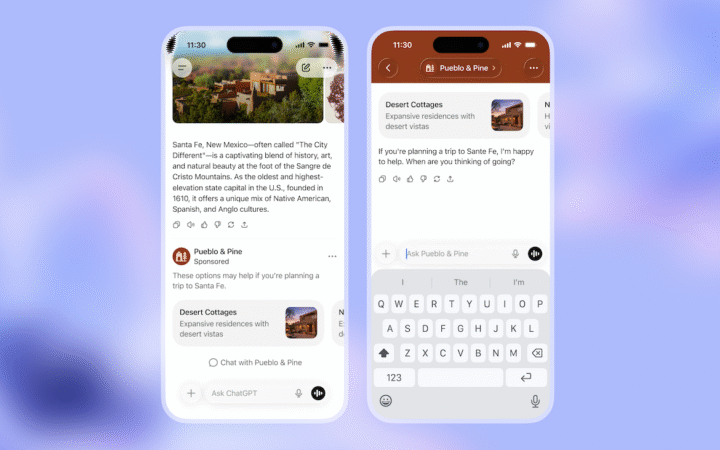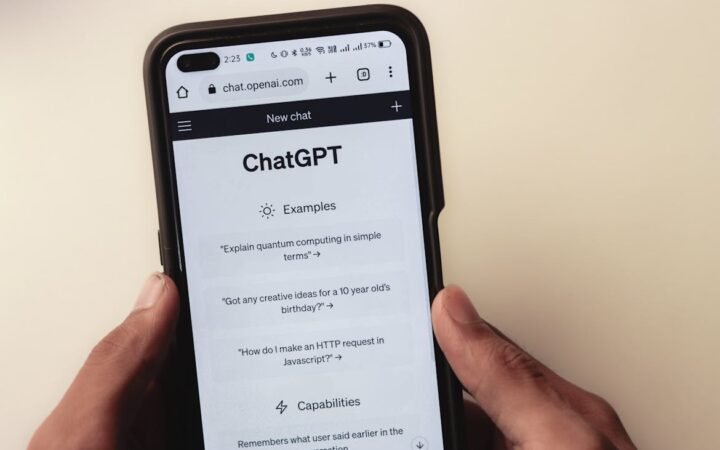
Google’s New Smart Glasses Aim to Transform the Way We Travel
With real-time translation, AI-powered navigation, and a sleek traveler-first design, Google’s new smart glasses could soon become the ultimate travel companion.
Google has unveiled its latest innovation aimed squarely at the global traveler: AI-powered smart glasses that offer real-time translation, on-the-go navigation, and seamless digital assistance. Presented during the company’s I/O 2025 developer conference, the smart glasses are part of Google’s broader push into wearable AI, built to bridge language barriers and enhance the travel experience.
The new glasses integrate Google’s Gemini AI with Android XR, offering contextual guidance and real-world overlays that make foreign cities feel instantly more accessible. Whether navigating a metro system in Tokyo or ordering food in a small café in Rome, users can rely on the glasses to translate signs, provide spoken interpretation, and visually direct them with heads-up navigation prompts.
Built for Exploration, Powered by AI
The smart glasses are designed to reduce the friction many travelers face abroad: not knowing the local language, struggling to follow directions, or feeling disoriented in a new environment. With the ability to detect and translate over 100 languages in real time, the device aims to empower more confident, independent travel.
Beyond translation, travelers can receive turn-by-turn directions overlaid directly onto their field of view, helping them navigate unfamiliar streets without staring at their phones. AI enhancements also provide local points of interest, reviews, and even travel safety alerts as users explore their surroundings.
One standout feature is “Ask Gemini,” which allows wearers to make voice queries about nearby attractions, customs regulations, or transportation options. This real-time interface with Google’s large language model offers a concierge-like experience—one that’s always available, wherever you are in the world.
Early Access and Global Travel Trials
Google is currently partnering with select tour operators and travel platforms to test the glasses in real-world environments. Trials have already started in destinations across Europe and Africa, with strong interest from guides, hospitality professionals, and tech-savvy travelers. In particular, Google highlighted case studies in Kenya and Spain, where the glasses helped tourists interact with locals and navigate cultural sites with ease.
While no retail release date has been announced, Google has hinted at a wider consumer launch later this year. The company is also collaborating with Android hardware partners to support broader adoption and refine the device’s design.
The Future of Travel Tech Is Wearable
As travel continues to rebound globally, wearable technology like Google’s smart glasses may redefine how people explore the world. The focus is no longer just on booking or reviewing trips—it’s about enhancing the real-time travel experience itself.
For now, these smart glasses remain in limited circulation, but their potential is clear. For travelers seeking a more immersive, frictionless, and language-inclusive journey, Google may have just unveiled the future of exploration.




